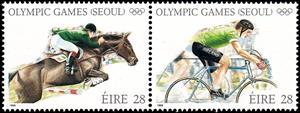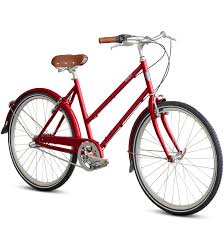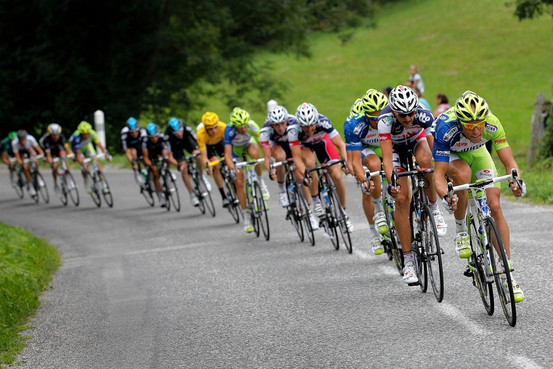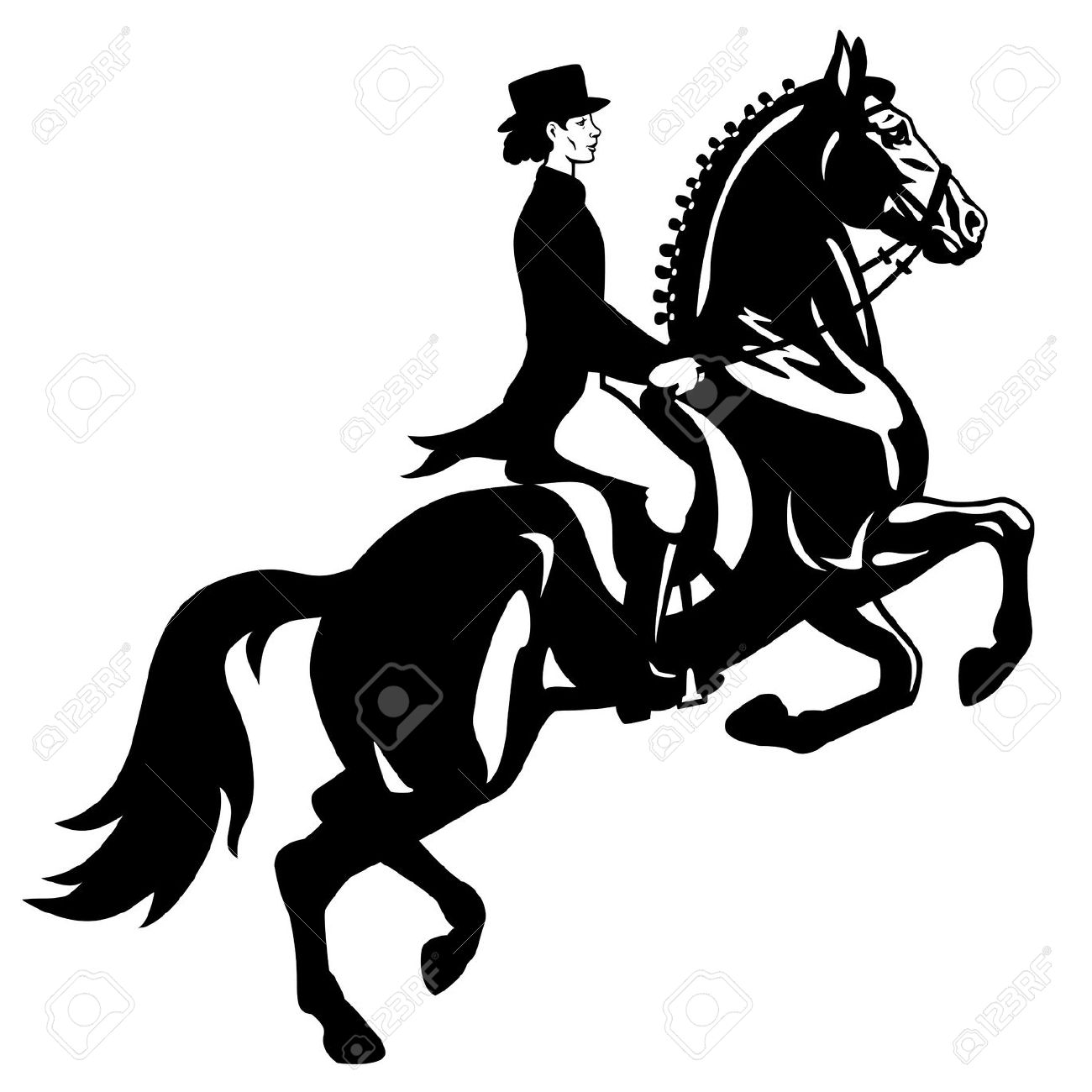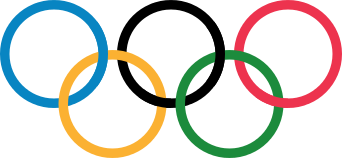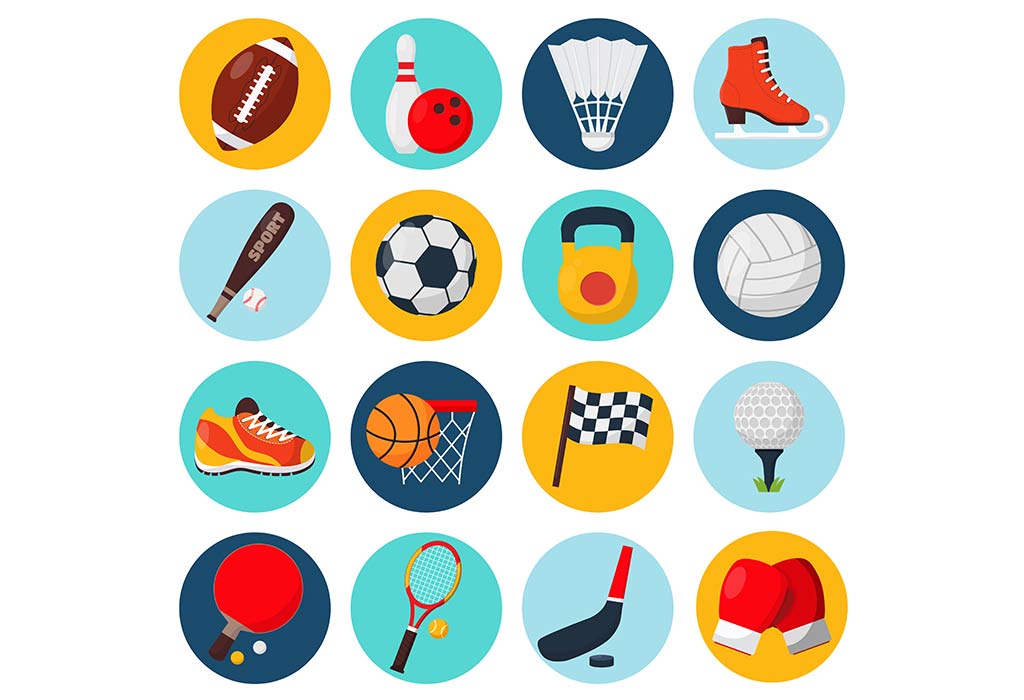Se-tenant: Olympic Games (Seoul) (Ireland 1988)
Olympic Games (Seoul) (Ireland 1988)
07 April (Ireland ) within release Summer Olympic Games 1988 - Seoul goes into circulation Se-tenant Olympic Games (Seoul) face value 2*28 Irish penny
| Se-tenant Olympic Games (Seoul) in catalogues | |
|---|---|
| Michel: | Mi: IE 645-646 |
| Stamp Number: | Sn: IE 713a |
| Yvert et Tellier: | Yt: IE 648-649 |
| Stanley Gibbons: | Sg: IE 698a |
Se-tenant is horizontal format.
Issued in panes containing five horizontal se-tenant pairsSe-tenant Olympic Games (Seoul) it reflects the thematic directions:
A bicycle, also called a pedal cycle, bike, push-bike or cycle, is a human-powered or motor-assisted, pedal-driven, single-track vehicle, with two wheels attached to a frame, one behind the other. A bicycle rider is called a cyclist, or bicyclist.
Cycling, also known as bicycling or biking, is the activity of riding a bicycle or other type of cycle. It encompasses the use of human-powered vehicles such as balance bikes, unicycles, tricycles, and quadricycles. Cycling is practised around the world for purposes including transport, recreation, exercise, and competitive sport.
Stemming from military practices and a long tradition of teaching by equestrians such as La Guérinière and François Baucher, traditional French equestrianism is essentially represented at the Cadre Noir de Saumur. The practice of equestrianism has evolved towards sport and leisure, opening up to the general public. At the end of the 20th century, the sport became much more democratic, with a sharp rise in the number of riders, particularly young people and women. The teaching of equestrianism as a leisure sport in France is based on the existence of over 8,000 riding schools, which make trained horses available to the public. Their establishment is supported by the French government thanks to a reduced VAT rate from 2004 to 2013. At the end of 2013, riders and industry professionals protested against the increase in VAT on their activity.
The horse (Equus ferus caballus) is one of two extant subspecies of Equus ferus. It is an odd-toed ungulate mammal belonging to the taxonomic family Equidae. The horse has evolved over the past 45 to 55 million years from a small multi-toed creature, Eohippus, into the large, single-toed animal of today. Humans began to domesticate horses around 4000 BC, and their domestication is believed to have been widespread by 3000 BC. Horses in the subspecies caballus are domesticated, although some domesticated populations live in the wild as feral horses. These feral populations are not true wild horses, as this term is used to describe horses that have never been domesticated, such as the endangered Przewalski's horse, a separate subspecies, and the only remaining true wild horse. There is an extensive, specialized vocabulary used to describe equine-related concepts, covering everything from anatomy to life stages, size, colors, markings, breeds, locomotion, and behavior.
The modern Olympic Games or Olympics (French: Jeux olympiques) are leading international sporting events featuring summer and winter sports competitions in which thousands of athletes from around the world participate in a variety of competitions. The Olympic Games are considered the world's foremost sports competition with more than 200 nations participating. The Olympic Games are held every four years, with the Summer and Winter Games alternating by occurring every four years but two years apart.
Sport is a form of physical activity or game. Often competitive and organized, sports use, maintain, or improve physical ability and skills. They also provide enjoyment to participants and, in some cases, entertainment to spectators. Many sports exist, with different participant numbers, some are done by a single person with others being done by hundreds. Most sports take place either in teams or competing as individuals. Some sports allow a "tie" or "draw", in which there is no single winner; others provide tie-breaking methods to ensure one winner. A number of contests may be arranged in a tournament format, producing a champion. Many sports leagues make an annual champion by arranging games in a regular sports season, followed in some cases by playoffs.
